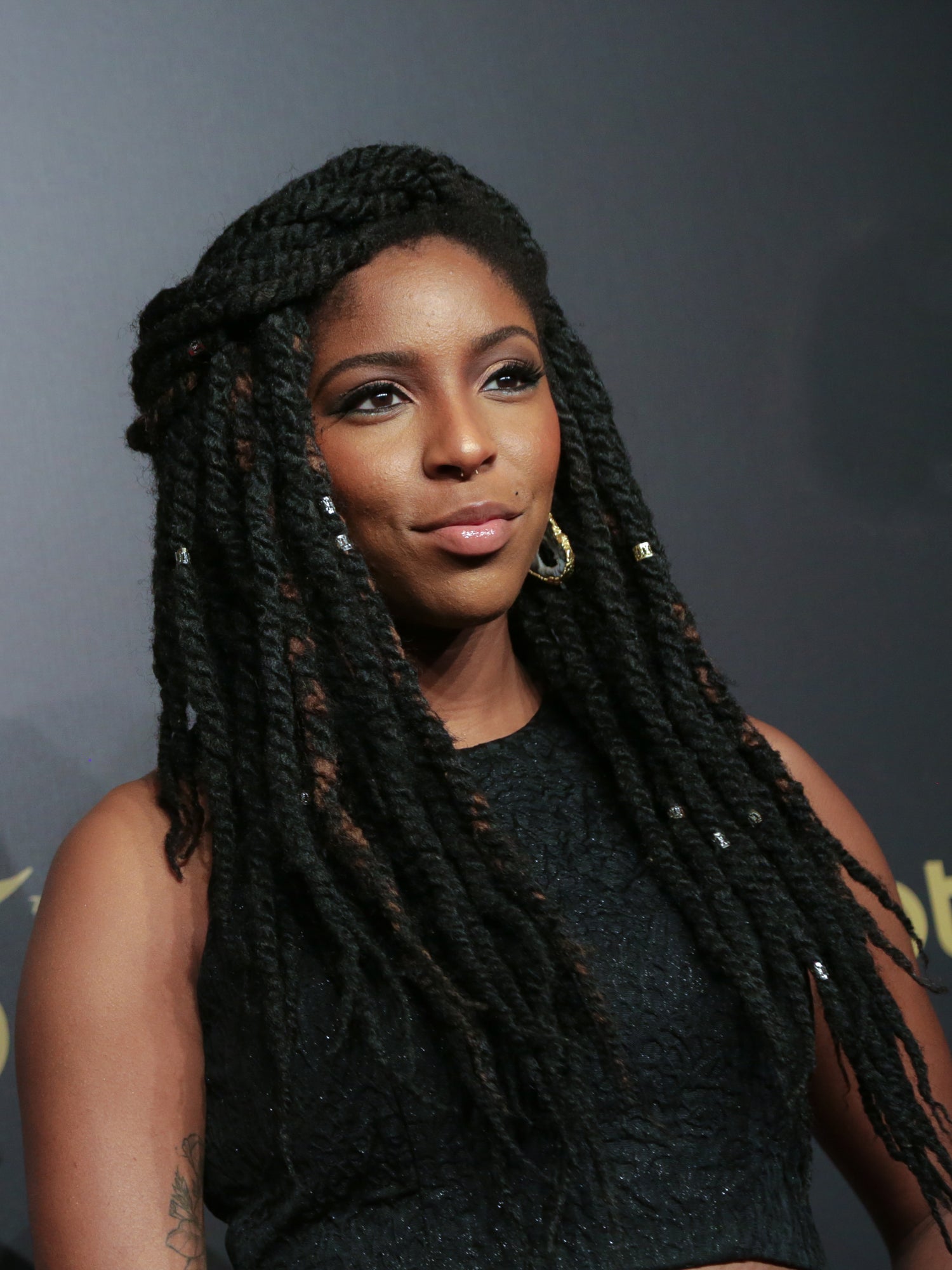
Sometimes the best way to address a longstanding issue is through uncomfortable dialogue.
This year, Hollywood award show season has come at a time when the country is in an uproar and fighting to retain basic human rights for several groups who have been targeted under a the Trump presidency. With women and people of color at the top of the list of those who stand to be negatively impacted, the topics of intersectionality and privilege are at the forefront of many minds. This specific conversation was highlighted at last week’s Glamour lunch attended by female Sundance Film Festival nominees.
As reported by the Los Angeles Times, actresses Salma Hayek, Shirley MacLaine and Jessica Williams got into a tension-filled conversation about roles for women and not being victimized solely by gender.
“My feeling is that we are about to go to war,” Hayek said, igniting the conversation. “But be careful that we don’t fall into victimization. I don’t want to be hired because I’m a girl. I want them to see I’m fabulous. Don’t give me a job because I’m a girl. It’s condescending.”
MacLaine agreed, noting that “[Donald Trump presented a challenge to] each of our inner democracy,” and urging everyone at the table to explore their “core identity.”
In response, Williams asked them to consider the space in which women of color and transgender women carry this narrative, and quite frankly don’t often have a choice in how they’re perceived.
“I have a question for you,” Williams said to MacLaine. “My question is: What if you are a person of color, or a transgendered person who — just from how you look — you already are in a conflict?”
Both Hayek and MacLaine kept their replies clear but amicable, stopping short of directly addressing Williams’ question. The discussion grew tense when Transparent creator Jill Soloway, an openly gay woman with a transgender father, returned to Williams to ask her to continue speaking:
“With intersectional feminism, it’s our responsibility as White women to recognize that when there are people of color or people who are queer — we need to prioritize your voices and let you speak the loudest and learn from your experience, because we haven’t been listening. So please, Jessica, finish your thoughts,” Soloway said.
Subscribe to our daily newsletter for the latest in hair, beauty, style and celebrity news.
“I think we need to not speak over Black women,” Williams added. “Not assign them labels.”
“What does this mean, ‘speak over?’” Hayek asked.
“To project your ideas on me,” Williams said. “I think there is a fear that if we present an idea that, ‘Hey, maybe [Black women] have it a little bit harder in this country’ — because we do; Black women and trans women do — if we’re having it a little bit harder, it doesn’t invalidate your experience. I really am begging you to not take it personally.”
Williams took an honest stance for the team during that would-be politically correct lunch. She rattled cages by being outspokenly honest about the levels to struggle and about how, for too long, there’s been a divide between women in lack of acknowledgement.
Hopefully, more of these discussion will happen as diversity and inclusion become priorities when considering attendees for these types of events.




